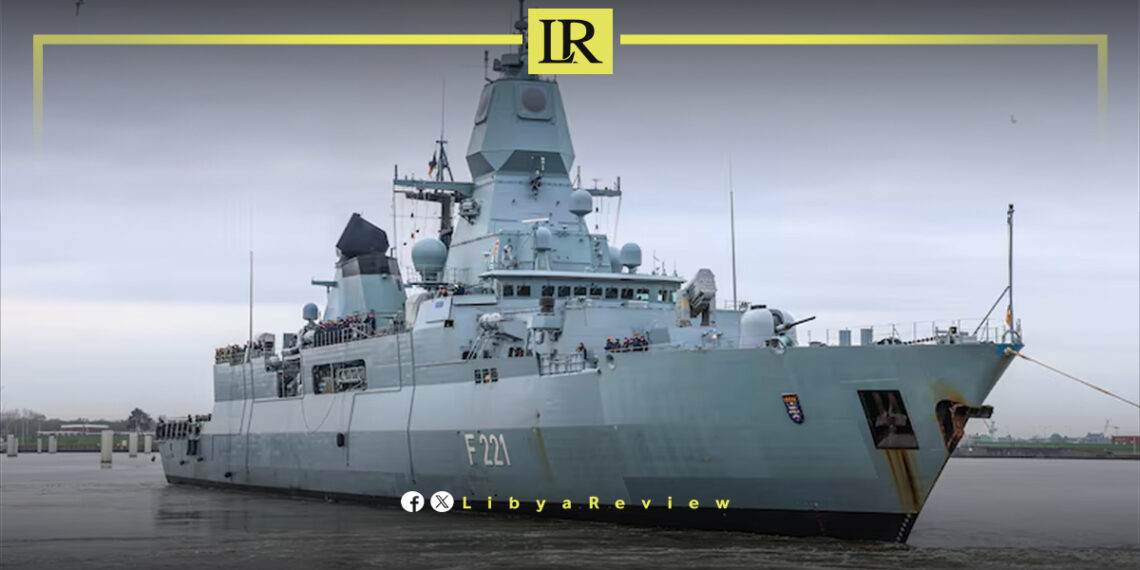On Sunday, the German government announced its decision to renew several military missions abroad, including the EU-led Operation IRINI in the Mediterranean Sea. The operation is critical for stabilizing Libya and enforcing the United Nations-imposed arms embargo on the country.
Despite more than 600 ship inspections since the mission’s inception, Germany pointed out that arms embargo violations in Libya persist. The German government emphasized that maintaining a naval presence remains the most effective way to curb these breaches and ensure compliance in international waters.
In addition to enforcing the arms embargo, German naval forces contribute valuable intelligence to the European Union, particularly about human trafficking networks operating in the Mediterranean. Although Operation IRINI is not designed for search-and-rescue missions, German forces have played a humanitarian role when needed, assisting people in distress at sea.
The mission is part of broader German military commitments that involve approximately 1,600 soldiers deployed across various locations to support international stability. A parliamentary vote scheduled for late January will determine whether these missions, including Operation IRINI, will be extended.
Operation IRINI, established by the European Union in 2020, has been a cornerstone of international efforts to stabilize Libya after years of conflict and division. The country has struggled with political instability, armed factions, and external interference since the fall of Muammar Gaddafi in 2011. The operation focuses on stopping arms smuggling, fuel trafficking, and human trafficking networks, while also supporting the broader peace process in Libya.
Germany’s military involvement in Operation IRINI reflects its strategic commitment to addressing threats to European security and stabilizing critical regions. Alongside missions in regions like Mali and Iraq, this initiative underlines Berlin’s role in maintaining global peace and security.


